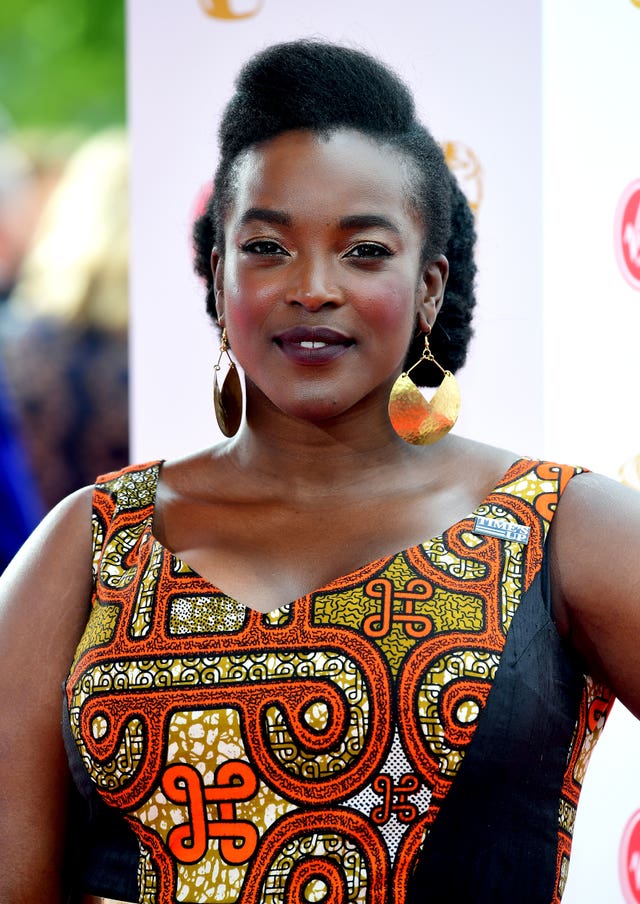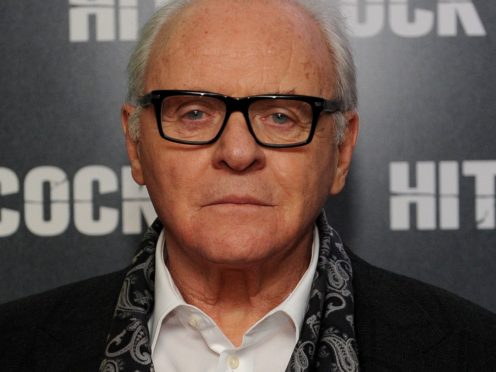Director Florian Zeller has praised The Father co-stars Sir Anthony Hopkins and Olivia Colman following the film’s wins at the British Independent Film Awards (Bifas), saying their “humility is the signature of the greatest”.
The drama, adapted from Zeller’s 2012 play Le Pere, explores the relationship between a man with dementia in old age and his family.
It won three awards at the virtual ceremony including best actor for Sir Anthony.
Welcome to The 23rd British Independent Film Awards! 👋📸 #BIFA2020 pic.twitter.com/WFfGtxttN2
— BIFA (@BIFA_film) February 18, 2021
Following the ceremony, French playwright and director Zeller told the PA news agency: “I was very impressed with Anthony and Olivia’s humility and that is what I learnt, that humility is the signature of the greatest.
“It was so easy to work with them because there was never an ego issue. They were always trying to follow us and serve the story.
“They were not here to serve themselves. They were here to serve the emotions we wanted to explore, the story we wanted to tell and so in a way it was very easy because they were very generous.”

Kosar Ali was named best supporting actress for her performance in Rocks, about a marginalised British teenager whose troubled mother abandons her.
She told PA the film made her “understand myself as a person as well as an actor because before this whole experience I never thought I would be who I am today, winning awards and even pursuing this acting career”.
Producer Ameenah Ayub Allen said Rocks, which scored the most awards of the night with five in total, was a celebration of female filmmaking.
She said: “We were making this film that really had a truly independent spirit. It had a truly independent methodology.
“When we were filming we always thought the film was imbued with the spirit of a teenage girl and it is just phenomenal that it has come here and that the spirit of a teenage girl has won best film, with a completely different way of filmmaking, with all these incredible women.”

His House, a horror centred around a refugee couple, won four awards at the ceremony, including best director for Remi Weekes and best actress for Wunmi Mosaku.
Mosaku said the success of the film came from the way in which it humanised its protagonists.
She said: “As someone who read the script as a spectator initially, what really chimed with me was the realisation of the actual horrors that people really live with.
“You carry that trauma with you and sometimes we find ourselves talking – migrants, refugees, asylum seekers, immigrants – and we don’t necessarily think about the whys, the hows.
“Like, how did they get here? What did they leave? And they carry those scars literally, physically, metaphysically and metaphorically.”
